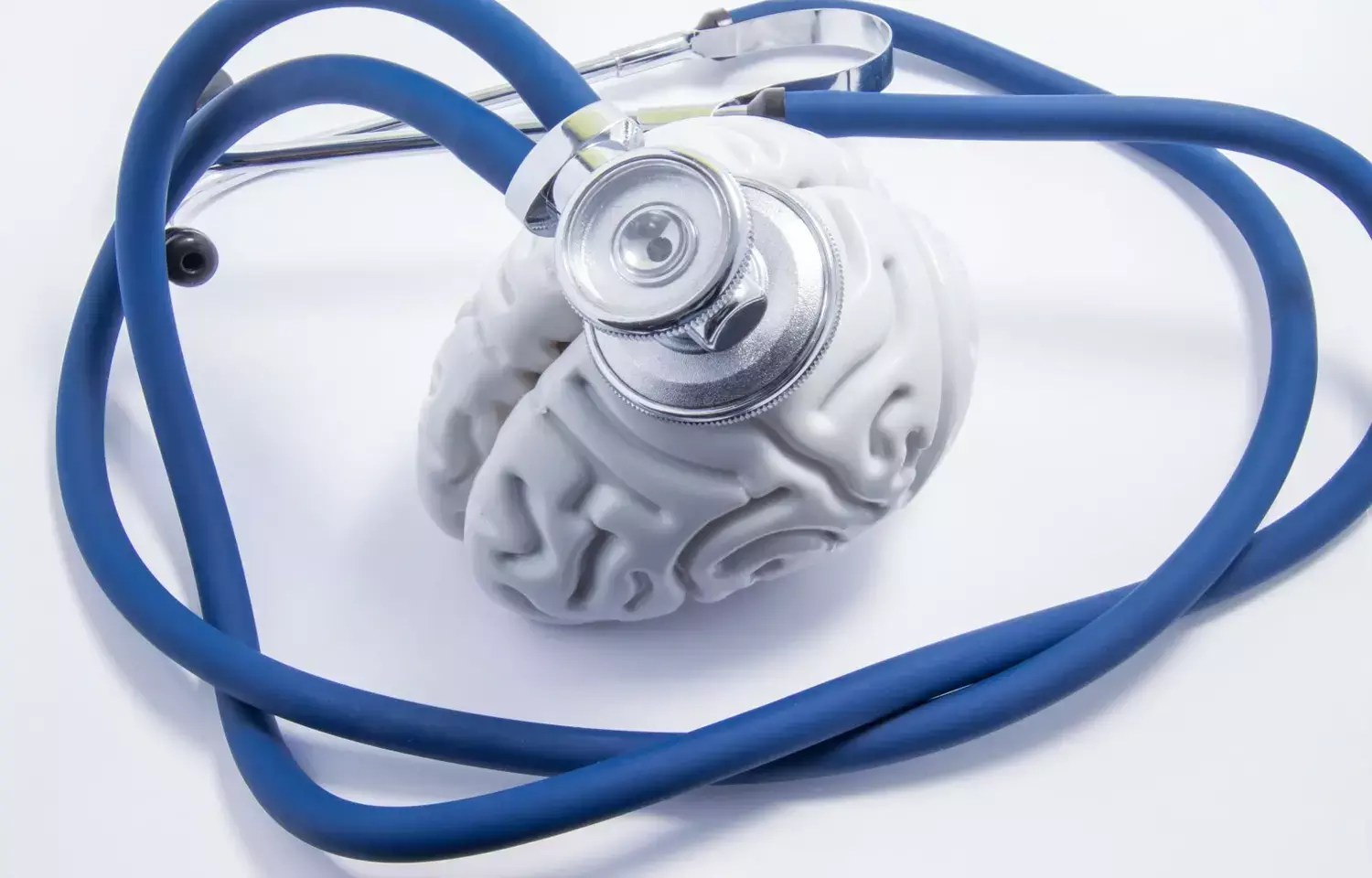- Home
- Medical news & Guidelines
- Anesthesiology
- Cardiology and CTVS
- Critical Care
- Dentistry
- Dermatology
- Diabetes and Endocrinology
- ENT
- Gastroenterology
- Medicine
- Nephrology
- Neurology
- Obstretics-Gynaecology
- Oncology
- Ophthalmology
- Orthopaedics
- Pediatrics-Neonatology
- Psychiatry
- Pulmonology
- Radiology
- Surgery
- Urology
- Laboratory Medicine
- Diet
- Nursing
- Paramedical
- Physiotherapy
- Health news
- Fact Check
- Bone Health Fact Check
- Brain Health Fact Check
- Cancer Related Fact Check
- Child Care Fact Check
- Dental and oral health fact check
- Diabetes and metabolic health fact check
- Diet and Nutrition Fact Check
- Eye and ENT Care Fact Check
- Fitness fact check
- Gut health fact check
- Heart health fact check
- Kidney health fact check
- Medical education fact check
- Men's health fact check
- Respiratory fact check
- Skin and hair care fact check
- Vaccine and Immunization fact check
- Women's health fact check
- AYUSH
- State News
- Andaman and Nicobar Islands
- Andhra Pradesh
- Arunachal Pradesh
- Assam
- Bihar
- Chandigarh
- Chattisgarh
- Dadra and Nagar Haveli
- Daman and Diu
- Delhi
- Goa
- Gujarat
- Haryana
- Himachal Pradesh
- Jammu & Kashmir
- Jharkhand
- Karnataka
- Kerala
- Ladakh
- Lakshadweep
- Madhya Pradesh
- Maharashtra
- Manipur
- Meghalaya
- Mizoram
- Nagaland
- Odisha
- Puducherry
- Punjab
- Rajasthan
- Sikkim
- Tamil Nadu
- Telangana
- Tripura
- Uttar Pradesh
- Uttrakhand
- West Bengal
- Medical Education
- Industry
Memory complaints in elderly indicative of cognitive decline: JAMA

USA: Subjective memory complaints (SMCs) in older individuals can indicate a higher risk of cognitive impairment, especially in people with abnormalities in brain structure, says a recent study. The study appears in JAMA Network Open.
Subjective memory complaints are shown to be associated with a faster cognitive decline; however, whether this association is also associated with structural brain alterations, such as white matter hyperintensity (WMH) volumes remains to be investigated.
Anisa Dhana, Rush Institute for Healthy Aging, Rush University Medical Center, Chicago, Illinois, and colleagues aimed to evaluate the association of SMCs with WMH volumes and cognitive decline and investigate the role of WMH volumes in the association between SMCs and cognitive decline.
A population-based cohort study called the Chicago Health and Aging Project enrolled adults aged 65 years or older. Data was collected in 3-year cycles from 1993 until 2012. This study consisted of 975 participants with magnetic resonance imaging assessments, of which 900 participants had data on SMCs and covariates, and 713 participants provided 2 or more cognitive assessments during the follow-up. Statistical analyses were performed from May to October 2021.
Self-reported questionnaire data during clinical evaluations were used to obtain SMCs, and the cycle, when reported, constituted the baseline of our study. The participants were categorized into 3 groups based on the frequency and severity of concerns (1) no concerns, (2) moderate concerns, and (3) very worried.
Salient findings of the study include:
- Of the 900 participants with data on SMCs, covariates, and WMH volumes, 61.4% were women, 59.9% were African American, and the mean age was 79.5 years.
- SMCs were associated with a larger WMH volume and faster cognitive decline.
- Compared with participants with no concerns, participants who were very worried had higher WMH volumes (β = 0.833) and 174% faster cognitive decline (β = −0.049).
- The association between SMCs and cognitive decline remained statistically significant among individuals with large WMH volumes (ie, within the fourth quartile).
- Within the fourth quartile of WMH volumes, participants who were very worried had 428% faster cognitive decline (β = −0.077) compared with participants with no concerns.
"MRI shows that SMCs, which are frequently reported by elderly individuals, is an important sign of cognitive impairment, especially among people with abnormalities in brain structure, such as large WMH volumes," wrote the authors.
"Obtaining information about SMCs from older adults may provide essential information about their future risk of cognitive impairment," they concluded.
Reference:
Dhana A, DeCarli C, Dhana K, et al. Association of Subjective Memory Complaints With White Matter Hyperintensities and Cognitive Decline Among Older Adults in Chicago, Illinois. JAMA Netw Open. 2022;5(4):e227512. doi:10.1001/jamanetworkopen.2022.7512
Dr Kamal Kant Kohli-MBBS, DTCD- a chest specialist with more than 30 years of practice and a flair for writing clinical articles, Dr Kamal Kant Kohli joined Medical Dialogues as a Chief Editor of Medical News. Besides writing articles, as an editor, he proofreads and verifies all the medical content published on Medical Dialogues including those coming from journals, studies,medical conferences,guidelines etc. Email: drkohli@medicaldialogues.in. Contact no. 011-43720751


